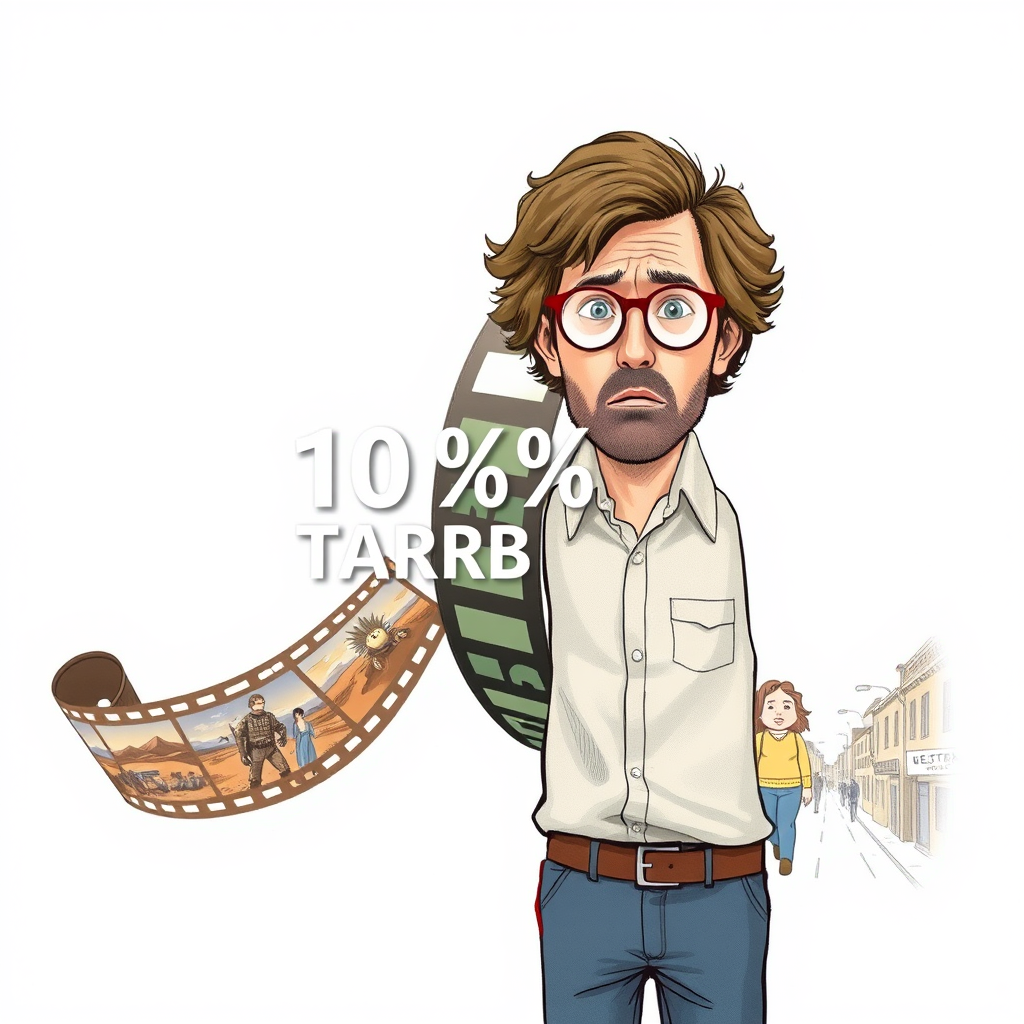Wes Anderson Confused by Trump’s Film Tariff Plan

Filmmaker Wes Anderson joined a growing chorus of industry voices expressing bewilderment and concern over former President Donald Trump’s recent proposal of a 100% tariff on films produced outside of the United States. Speaking at the Cannes Film Festival, Anderson described the proposal as confusing, admitting he initially misinterpreted the announcement as a form of promotion.
Trump, earlier this month, declared a desire to see “MOVIES MADE IN AMERICA, AGAIN!” and proposed the substantial tariff, citing national security concerns regarding filming locations like the Tunisian desert used for “Star Wars,” and claiming overseas production was causing the industry to rapidly decline.
Anderson, known for his distinctive visual style in films like “The Royal Tenenbaums” and “The Fantastic Mr. Fox,” questioned the practical application of such a tariff, given the unique distribution model of filmmaking. “It doesn’t ship that way,” he pointed out to Rolling Stone, highlighting the logistical challenges of applying a traditional import/export tax to a product not typically sold as a physical good.
The proposal has sparked widespread confusion and criticism within the industry. A U.K. producer, speaking to Variety, called the announcement “absurd,” noting that numerous iconic American films – including “Harry Potter,” “Lord of the Rings,” “Schindler’s List,” and “Avatar” – were filmed overseas for creative and logistical reasons. The question of whether these films would now be required to film domestically remains unanswered.
The situation is further complicated by the fact that actor and producer Mel Gibson, recently appointed by Trump as a special Hollywood ambassador, is preparing to film a sequel to “The Passion of the Christ” in Italy.
French director Pierre Jolivet expressed a broader sentiment, telling Politico that the proposal signals a perception of the U.S. as a political and cultural adversary.
While the economic implications of the tariff remain unclear, the proposal underscores a growing tension between nationalistic protectionism and the inherently global nature of filmmaking. Anderson’s latest film, “The Phoenician Scheme,” is slated for wide release on June 6th. The entire situation feels less like serious economic policy and more like a performative gesture designed to appeal to a specific political base, ignoring the complex realities of a multi-billion dollar industry and the artistic needs of filmmakers.